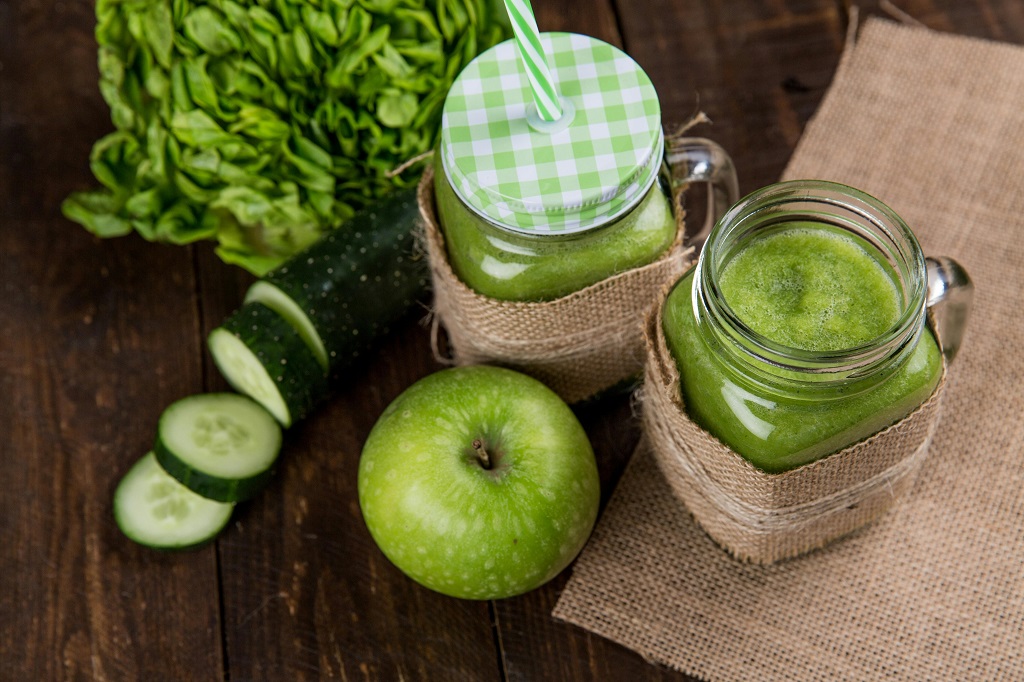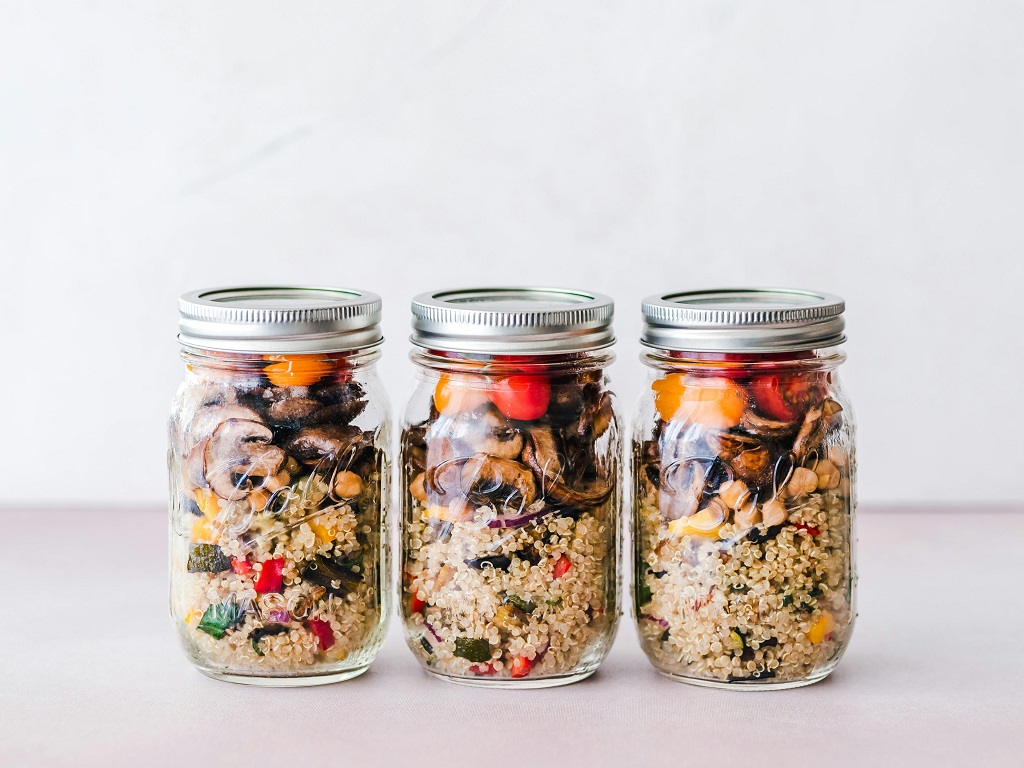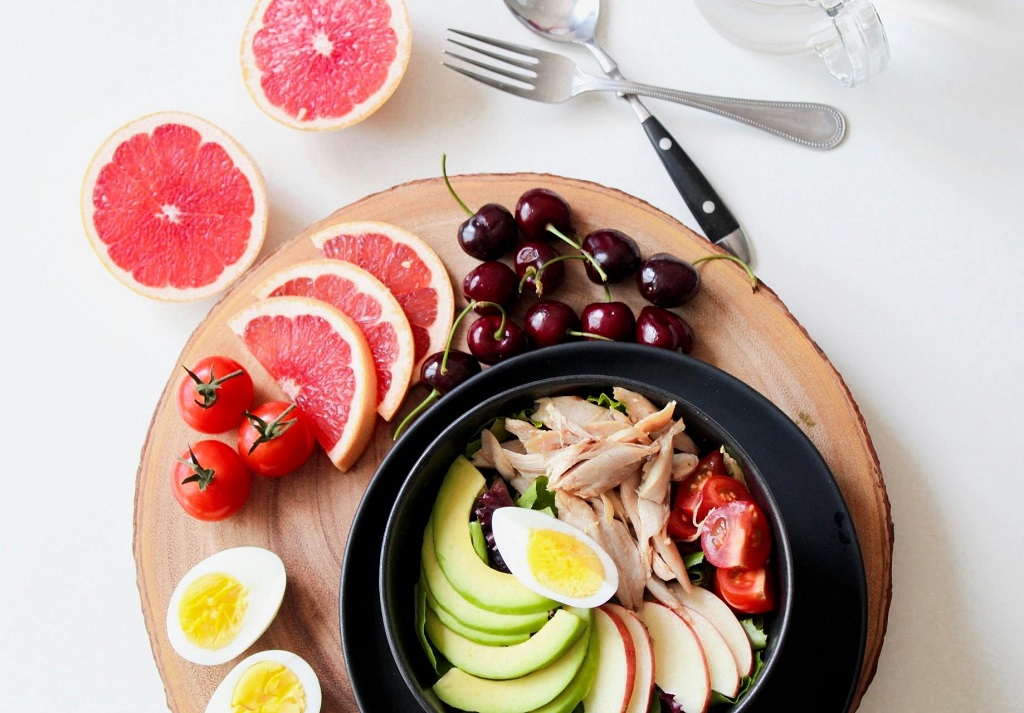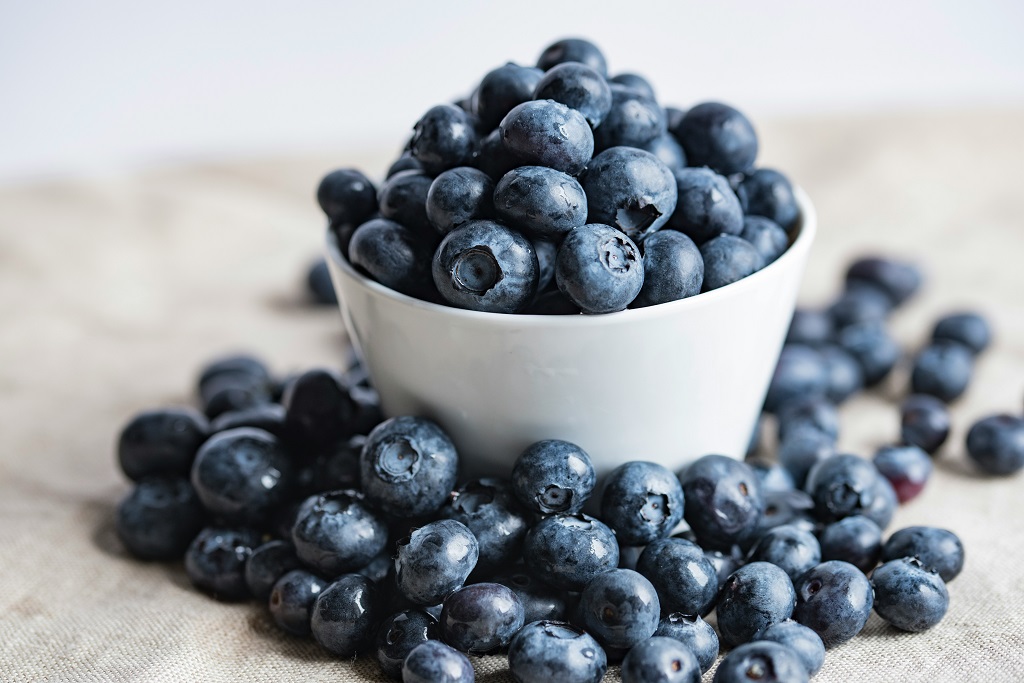Ever wondered if what you eat really shows up on your skin? There’s a lot of buzz about how diet impacts your skin. But with so much information out there, it’s hard to know what’s true and what’s just hype.
Let’s break down how nutrition impacts skin health, what actually works, and what’s more myth than magic.
The Latest Scientific Researches on How Nutrition Impacts Our Skin

Recent studies continue to explore the link between diet and skin health. For instance, a 2021 study found that participants who followed a low-glycemic diet saw significant improvements in their acne over 12 weeks. A low-glycemic diet focuses on consuming foods that have a minimal impact on blood sugar levels, such as whole grains, fruits, and vegetables.
Another 2023 study in the Journal of Investigative Dermatology highlighted that consuming a diet rich in antioxidants, such as berries, leafy greens, nuts, and seeds, can reduce the risk of skin cancer and photoaging. These foods help protect the skin from damage caused by free radicals and UV exposure.
Moreover, according to research on the connection between the gut and skin a healthy gut microbiome can improve skin conditions like acne and eczema. Probiotics and a diet high in fiber can improve your gut health, which in turn can also make your skin look better.
Can A Keto Diet Make Your Face Look More Defined?

You’ve probably heard of the keto diet, which is high in healthy fats and low in carbs. Some studies suggest that the keto diet may benefit the skin by reducing inflammation and balancing insulin levels, potentially alleviating acne and promoting a clearer complexion.
However, some people have reported experiencing the “keto rash,” which is an itchy, red skin condition. While the keto diet might offer skin benefits for some, it’s not universally effective and should be approached with caution.
Does Fasting Affect Your Skin?

The latest research on fasting reveals a lot of benefits for skin health. Intermittent fasting can improve skin by reducing inflammation and oxidative stress, which are key factors in aging and acne. Fasting also promotes autophagy, a process where cells remove damaged components, potentially rejuvenating skin cells and enhancing their function.
Can You Eat Ultra-Processed Foods and Still Have Healthy-Looking Skin?

Recent studies show that eating ultra-processed foods (UPFs) can really mess with your skin. Consuming a lot of UPFs, like sugary snacks, fast food, and sodas, often means you’re getting too many refined sugars and unhealthy fats. These can cause inflammation and spike your insulin levels, making skin problems like acne and eczema worse. However, the oiliness of your skin is more about genetics and hormones than the greasy food you eat.
Additionally, UPFs lack essential nutrients, like antioxidants, vital for maintaining healthy skin.
Research also indicates that the high glycemic load of UPFs can disrupt hormonal balance, contributing to more frequent breakouts. To keep your skin glowing, you need to eat less ultra-processed food and choose whole, nutrient-rich foods instead.
Final Thoughts

Our skin is our largest organ, and it’s directly influenced by what we put into our body. The health of our skin mirrors what we consume. So, we need to take care of ourselves from the inside out.
Food is the fuel that powers our bodies, and they perform best when nourished with wholesome, balanced, and nutritious meals.
Eating a balanced diet rich in fruits, vegetables, proteins, and healthy fats, along with staying well-hydrated, can significantly impact our skin’s health. Combined with a solid skincare routine and enough sleep, it can help us achieve that glow.
So, while it’s okay to enjoy your favorite treats occasionally, nourishing your body with the right foods is one of the best things you can do for your skin.
